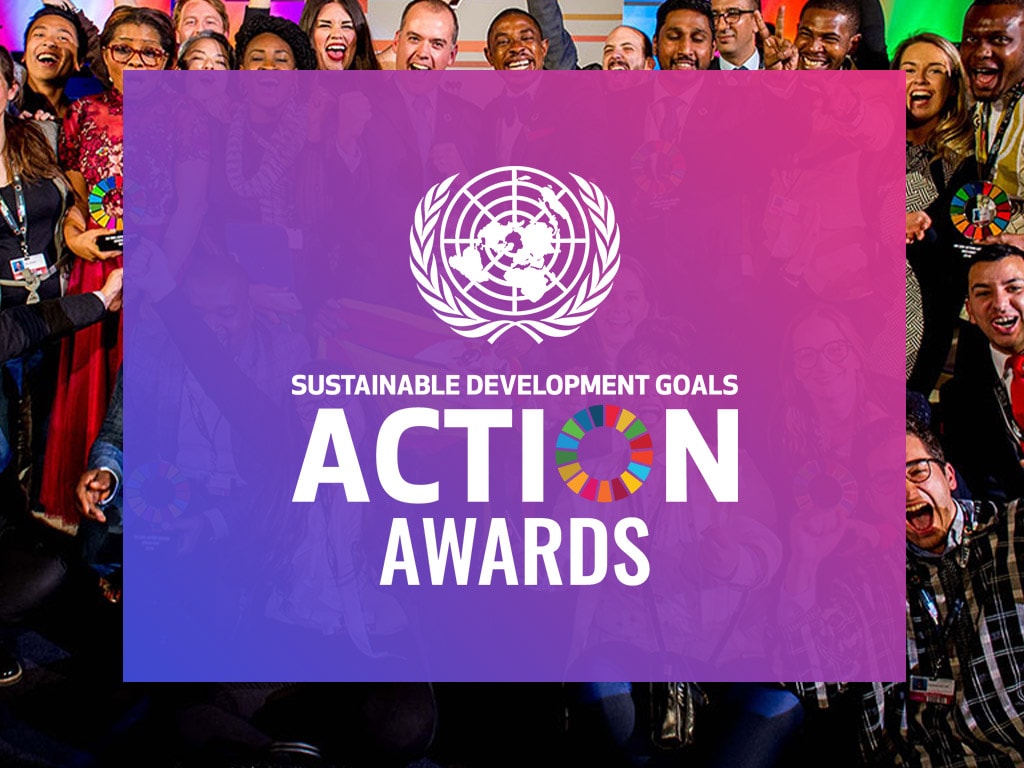

*Image credit https://sdgactionawards.org/
Feel proud that the India based organisation has won a prestigious UN award for its efforts to combat climate change amid the COVID-19 pandemic".This is symptomatic of a general opinion of conscientious people, especially environmentalists across India today.
"We should follow the footsteps followed by this organisation to deal with climate change", said Sudhakar Pundit, an environmentalist in Jharkhand.
The Indian organisation is the Global Himalayan Expedition (GHE). It has leveraged tourism and technology to help remote communities access solar energy. For this exercise, it has won a prestigious UN award amid the COVID-19 pandemic.
Notably, the recipients of the 2020 United Nations Global Climate Action Awards, announced on October 27, bring focus to the best examples of what people across the globe are doing to combat climate change in a year that has cast darkness upon so many.
According to a statement on the United Nations Framework Convention on Climate Change (UNFCCC) website, GHE is one of the world's first outfits using tourism and technology to bring solar energy to remote communities as recognized by the World Travel and Tourism Council (WTTC) and the United Nations World Tourism Organisation (UNWTO).
In the Hindu Kush Region, there are more than 16 million people without access to basic energy mainly due to their geographic remoteness. As it is, the Hindu Kush region falls over 3500 KMs and across eight countries-Afghanistan, Bangladesh, Bhutan, China, India, Nepal, Myanmar and Pakistan
As per UN records, GHE conducts Impact Expeditions in remote Himalayan villages and uses a portion of the expedition fee to fund the capital cost of the hardware, transportation, installation and training of village-scale solar micro-grids.
The micro-grid infrastructure set up by GHE is owned and operated by the community.
To date, the GHE has solar electrified more than 131 villages in three regions of India, directly impacting the lives of more than 60,000 villagers. More than 1,300 travellers from 60 different countries have been a part of these expeditions.
Enabling livelihood through homestay tourism has generated over USD 114,000 in income for the villages, which represents a 45 per cent increase in the annual household income, the statement said.
UNFCCC said this year's award-winning projects demonstrate leadership on climate change by nations, businesses, investors, cities, regions and civil societies as a whole. They range from the Caribbean's only carbon-neutral hotel to the world's first platform fully dedicated to green bonds to the first all-women solar team in Lebanon.
